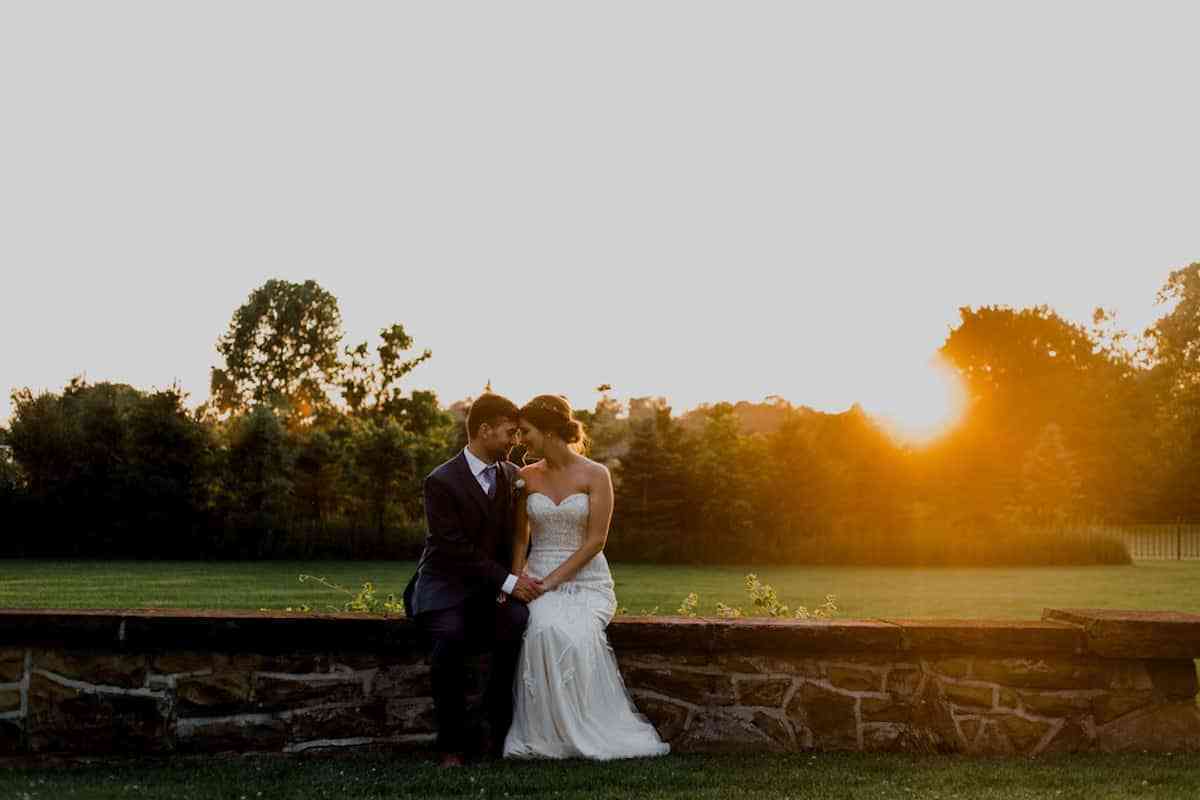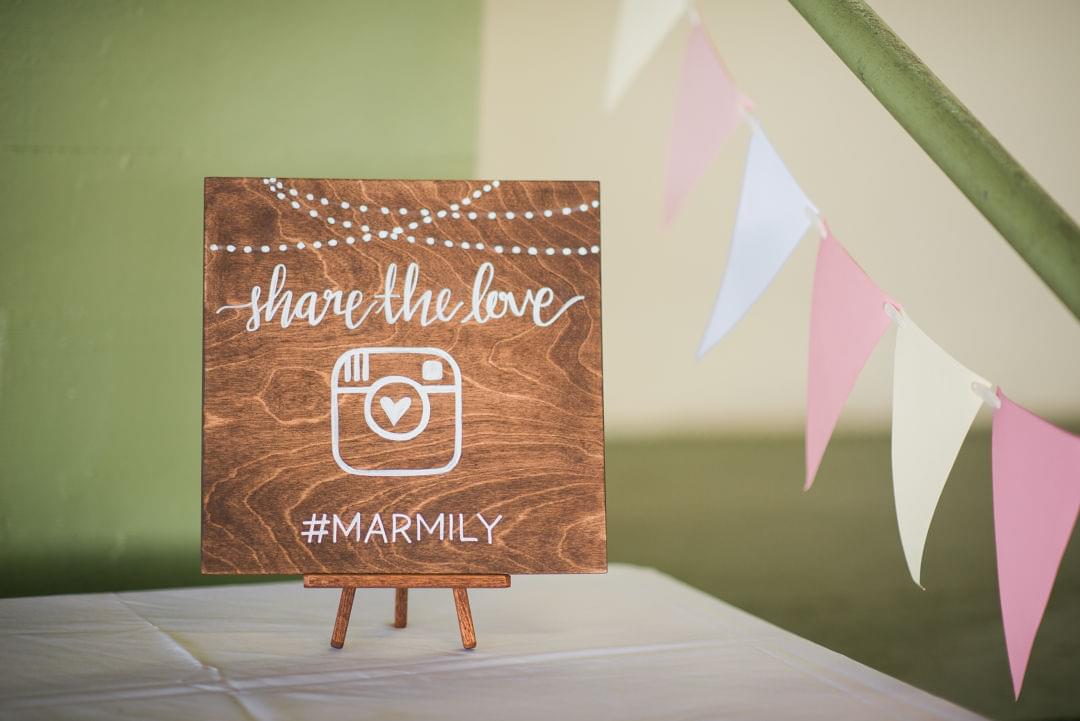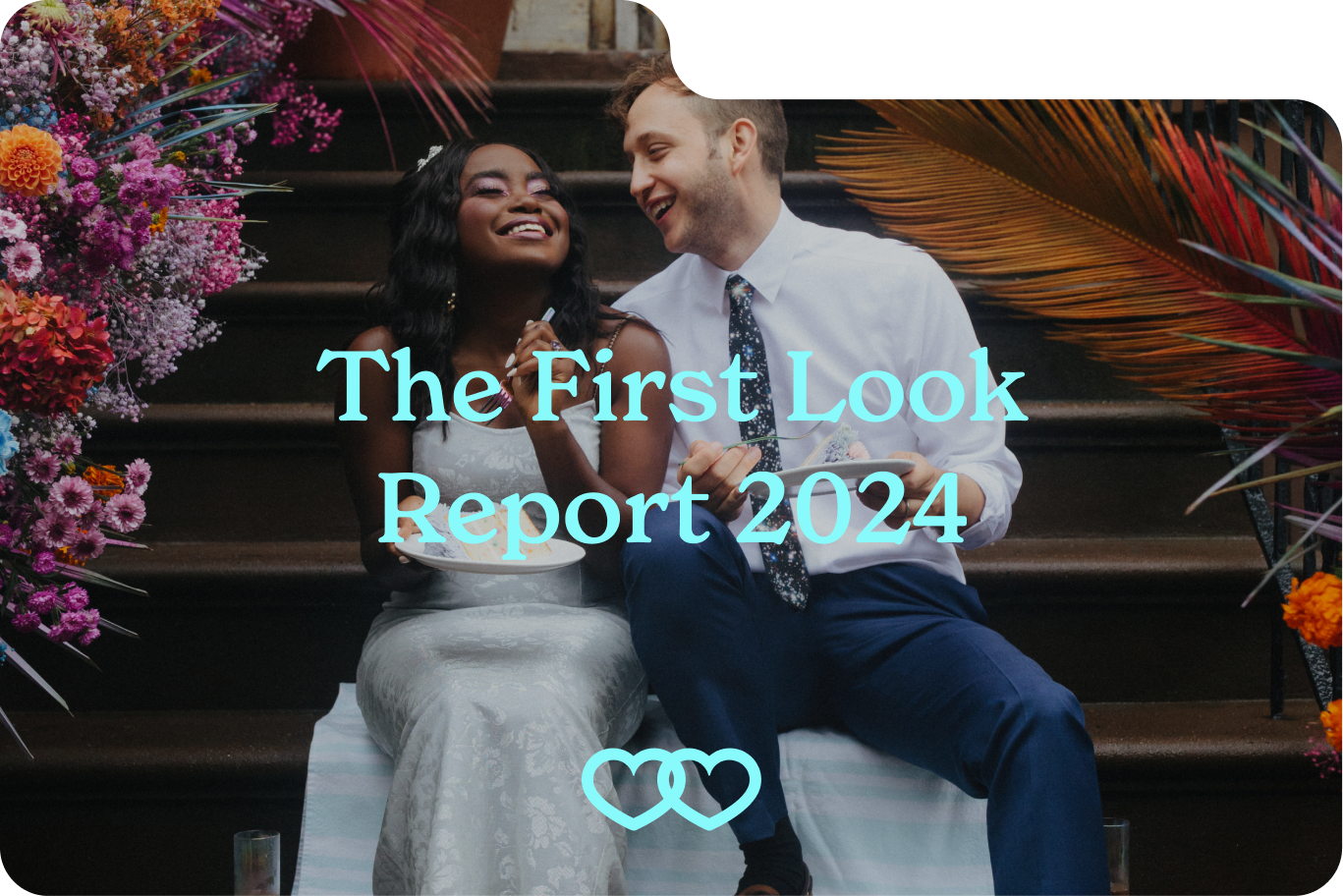- Expert advice/
- Wedding planning 101/
- Wedding planning questions/
- How to Plan a Bilingual Wedding
- Wedding planning questions
How to Plan a Bilingual Wedding
While you and your spouse likely speak the same language, your guests may not. Here’s how to plan a bilingual wedding

Marriage is about bringing people together to celebrate—and sometimes, those people speak different languages. If you’re planning a bilingual wedding, there are a few extra steps you’ll want to take to make sure things go off without a hitch.
A bilingual wedding ensures that guests from different backgrounds can understand and take part in your wedding in a meaningful way. A language barrier can make guests feel left out and hinder their ability to participate. While planning a bilingual wedding may seem daunting (weddings can be stressful enough as-is), it’s not as overwhelming as it sounds.
Much of your wedding planning journey will be the same. But there are a few areas of your planning that you’ll want to focus on specifically for a bilingual wedding. Here are some things to consider.
Hire a wedding planner that understands bilingual weddings.
First things first: if you’re using a wedding planner, find one that has planned bilingual events before. Bonus points if they speak both of your native languages.
A wedding planner with bilingual experience will understand the importance of representing and honoring both cultures, and help you navigate any pain points. They may also recommend vendors that are bilingual, too. While not a necessity, having a photographer that speaks both languages is a plus, as they will make organizing photo lineups that much easier.

Create invitations in both languages.
After you’ve done the fun part of choosing your wedding invitations, it’s time to decide what you’re going to say on them. While we recommend you read our handy how to word wedding invitations guide, if you’re having a bilingual wedding, there are some extra things to consider.
It’s a good idea to include both languages on your wedding invitation for all guests. If you have the budget to do so, you can order separate paper suites—one in each language. But having a single bilingual invite is most efficient. If your wedding guests speak English and Spanish, for example, have the English information on one side and the Spanish on the other. Not only will it help ensure all guests understand key details, but it’s also fun for everyone to experience another language, too. They may even learn a few new words in time for your wedding!
Use your wedding website to educate guests.
Even if you send out physical wedding invites, every couple needs a wedding website that provides guests with all the important logistical information, your wedding registry, the story of how you met (if that’s your style) and RSVP links. There’s no word count online. This means you can customize your site with must-have information in multiple languages.
You can also use your site to educate guests on your respective backgrounds. Tell family and friends a bit about your heritage and what traditions they can expect at your wedding. Is there a certain dress code they should know about? What about etiquette? This is the time to let them know it all.
If guests are traveling from other countries for your big day, you can use your wedding website to fill them in on things they should know, too. This may include cultural practices, what to pack, and contact info and logistical details for when they arrive.
Use bilingual signage.
From ceremony programs to dinner menus, make sure you incorporate both languages whenever information is being shared at your ceremony and reception. This even includes venue signage like where bathrooms are located.
Because of the nature of weddings—people, excitement, chaos—it’s best to have a single paper product that’s bilingual. That way, if someone loses their program, or their menu suddenly vanishes, they can simply read their neighbors. You might also want to use signage to label foods with names in both languages.

An interpreter can come in handy.
If you choose to do your ceremony in one language, consider hiring an interpreter. Not only will an interpreter help people feel less left out if they don’t understand the language, but it will also allow everyone to follow along at the same pace. You can also sprinkle in well-known phrases from a second language, too (think ‘You may now kiss the bride’), or incorporate traditional songs.
You might also consider the mixed-language ceremony route. If you and your partner understand each other’s native languages (or at least a few words in it) you can say your vows in both languages. You might want to share readings in both languages, as well. If time does not permit, provide reading translations in your ceremony program so guests can follow along.
Fuse your cultures throughout the wedding.
Between food, decor, venue, and music, there’s no shortage of ways to bring your backgrounds together. Take your favourite parts of each other’s wedding traditions and bring them to life. This will help each other’s families feel welcomed, and also offer guests a chance to learn about another culture.
When it comes to wedding speeches, try to include both languages if possible. If the maid of honor only speaks your native language, for example, make sure someone from your wedding party who speaks the other language offers up words, too. Again, you can use an interpreter during speeches, but it’s best to keep them short and sweet. You don’t want to bore guests or drag speeches on. If you are including speeches in both languages, try to alternate between them to keep guests engaged.
Even if guests can’t understand every aspect of your wedding at all times, the important thing is that they feel included and welcomed. By making an effort to have a bilingual wedding, you’re showing how much you value you and your spouse’s families—and that message transcends language barriers.
Up next for you

25 Small Wedding Details You Don't Want to Forget
Inspiration
A lot of details go into a wedding. Don't forget the small wedding details! Add these often overlooked (but essential) items to your to-do list and check it twice.

5 Effective Ways to Fight Wedding Planning Stress
How-To
Weddings are fun, but planning them can be stressful. Here are practical ways to deal with wedding planning stress.

29 Ways to Cut Wedding Costs
Budgeting
Need to cut wedding costs? Here are five ways to do so that you might not have thought about. Read up, and get ready to spend smart!
Featured

How Much To Tip Wedding Vendors
Inspiration
Confused on how much to tip wedding vendors, which vendors to tip, and when to distribute tips? Fear not: explore our guide for tipping wedding vendors.

9 Savvy Ways to Use Social Media at Your Wedding
How-To
Social media has turned weddings from guest-only experiences to larger broadcasts for loved ones (or wedding-loving strangers). Here's how to incorporate various social channels into your wedding—in a tactful way.

How Much Does the Average Wedding Cost? Full Breakdown
Advice
Stay within your wedding budget! See average wedding cost breakdowns by state, guest size, and vendor service, plus money-saving tips from the experts.

50 Signature Wedding Drinks: Ideas Guests Will Love
Reception
A signature wedding drink or cocktail can be a great way for couples to add a personal touch to their reception. Get inspired by these wedding signature drinks.
- Expert advice/
- Wedding planning 101/
- Wedding planning questions/
- How to Plan a Bilingual Wedding
Find even more wedding ideas, inspo, tips, and tricks
We’ve got wedding planning advice on everything from save the dates to wedding cakes.
